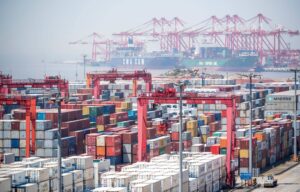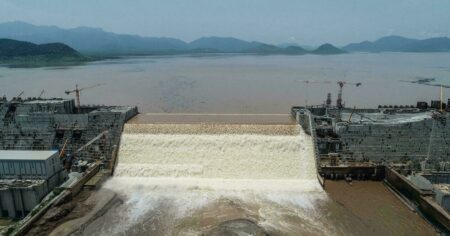On October 12th, Law no. 35/20 – the Free Trade Zones Law (“FTZL”) – was passed. The FTZL has established benefits to be conceded to investors by the Angolan Government, aiming at attracting foreign investment in Angola thus creating economic growth.
All types of investment are permitted in the Free Zones, specifically investment in agriculture, industry (that use Angolan raw materials and are focused on exportation) and technology. Specific aspects pertaining the access to Free Zones (such as monetary requirements, number of jobs created, investments in fixed assets) shall be determined in the investment contract.
Access to the Free Zones is permitted to companies, joint ventures, groups of companies or any other form of companies’ representation, whose scope meets the purpose of the Free Zones.
The investments made in Free Zones must take into account environmental protection interests.
Activities to be developed in the Free Zones
In the Free Zones investors are allowed to carry out industrial activities, agriculture, technologic activities, as well as commercial and service activities. It is possible to carry out other activities which are not specified by the FTZL, provided that such activities aim at an international market and authorization from the relevant authorities is obtained.
Also Read: Angola: Investing in Economic Exclusive Zones
Investment Operations
Internal, external and mixed (also known as indirect) investments operations are permitted. All investment operations are subject to the private investment regulations in force in Angola.
Exploration of the Free Zones
The exploration of the Free Zones is granted for a minimum period of 25 (twenty-five) years which may be extended for equal period of time.
Benefits
According to the FTZL benefits pertaining to Industrial Tax, VAT, Custom Rights, Land, Capital and others may be granted to the investors in the Free Zones.
In the Free Zones, tax and customs benefits are applicable and are not limited in time.
Tax benefits may include:
• Reduction of the taxable basis;
• Accelerated depreciation and reincorporation;
• Tax credits;
• Exemption and reduction of rates and taxes;
• Contributions and importation rights;
• Deferral of tax payment;
• other exceptional measures.
In order to benefit from these measures, investors may not exercise the same economic activity in Angolan territory.
Special Regimes
Free Zones enjoy special and more beneficial regimes regarding migration, labour, foreign-exchange and financial, to be specifically defined.
Facilities
The relevant authorities must create facilities to the investors regarding simplified and priority access to services, namely in the obtention of licenses and authorizations.
Local Content / Employment
In addition to the Local Content regulations currently in force in Angola, the FTZL creates an obligation for investors to give preference in employing Angolan employees. Nevertheless, investors may employ foreign qualified employees provided that the number of Angolan employees is higher.
Capital Repatriation
After the implementation of the foreign investment, and in accordance with the foreign-exchange special regime, foreign investors are granted the right to transfer to foreign territory:
a) Dividends or profits;
b) The result of the liquidation of the investment including capital gains;
c) Any amounts that are due to the investor, as established by acts and contracts;
d) Compensations attributed due to the extension of the Free Zones for national interest reasons;
e) Royalties or other incomes related to indirect investments, in connection with the transfer or concession of technology.
Article by Duarte Marques da Cruz
Duarte Marques da Cruz
Duarte Marques da Cruz is partner of the Portuguese law firm MC&A, specialized in international business advisory, with a special focus in Lusophone markets. With extensive experience in the Energy sector (Renewables and Oil & Gas) and in International Taxation, he has supported international companies in major upstream, midstream transactions and projects, including in implementing, exploration and development programs. Duarte has also supported international clients in other areas of practice, namely, Mining, Transport & Logistics, Regulatory Compliance and Mergers & Acquisitions in Mozambique, Angola and Portugal.













